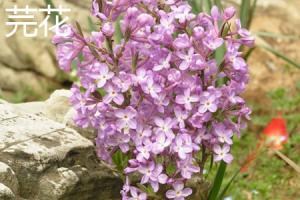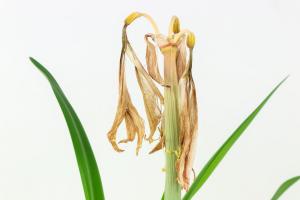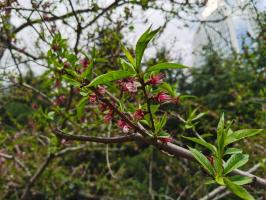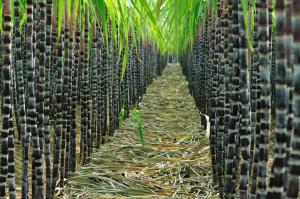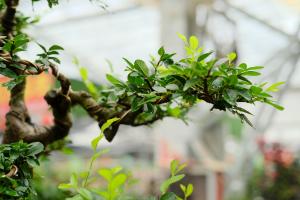How Much Epsom Salts Per Gallon of Water for Plants
Are you looking for a way to give your plants a boost? Epsom salts, a naturally occurring mineral compound of magnesium and sulfate, is known to help plants grow strong and healthy. However, it can be tricky to figure out the right amount to use. In this article, we'll explore how much epsom salts per gallon of water for plants is best and how to apply it effectively.
The Benefits of Epsom Salts for Plants
Epsom salts are beneficial to plants in several ways. They can improve the absorption of nutrients, help with seed germination, increase chlorophyll production, and prevent yellowing. They are particularly helpful for plants that are deficient in magnesium, a crucial mineral for growth and development. Magnesium is essential for photosynthesis, which is what allows plants to produce energy from sunlight. If your plants are showing signs of magnesium deficiency, such as yellowing of leaves or stunted growth, epsom salts may be just what they need to thrive.
How Much Epsom Salts to Use
The amount of epsom salts to use for your plants depends on several factors, including the type of plant, its stage of growth, and the type of soil you have. As a general rule of thumb, you can mix 1 tablespoon of epsom salts per gallon of water for outdoor plants and half a tablespoon for indoor plants. However, it's always best to check the specific needs of your plants before adding anything to their soil or watering regimen.
If your plants are showing signs of magnesium deficiency, you may need to increase the amount of epsom salts you use. A good rule of thumb is to use epsom salts every two weeks until your plants begin to show signs of improvement. Once they are back to their healthy selves, you can reduce the frequency to once a month.
How to Apply Epsom Salts
One of the easiest ways to apply epsom salts to your plants is by mixing it with water and pouring it onto the soil. You can also add it to your regular watering regimen. However, it's important not to overdo it, as too much magnesium can actually harm your plants.
When mixing epsom salts with water, be sure to dissolve it completely before applying it to your plants. You can use a watering can or a spray bottle to apply the solution directly to the soil around the base of the plant. Avoid spraying it directly on the leaves or flowers, as this can cause burns.
Conclusion
Epsom salts can be a valuable tool in your gardening arsenal, but it's important to use them correctly. By following the guidelines outlined in this article, you can ensure that your plants get the right amount of epsom salts to thrive. Keep in mind that epsom salts should never be used as a substitute for other plant nutrients, and they should only be used as directed. With a little bit of care and attention, your plants will be growing strong and healthy in no time.

 how many times do yo...
how many times do yo... how many planted tre...
how many planted tre... how many pine trees ...
how many pine trees ... how many pecan trees...
how many pecan trees... how many plants comp...
how many plants comp... how many plants can ...
how many plants can ... how many plants and ...
how many plants and ... how many pepper plan...
how many pepper plan...


